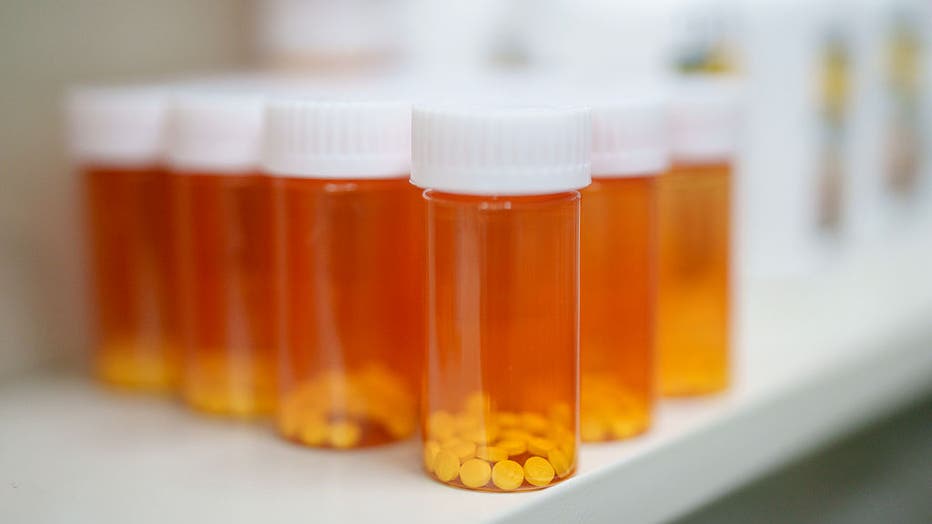Senators propose bill to ban prescription drug ads

RFK Jr. reportedly plans to ban pharmaceutical ads
As Robert F. Kennedy Jr. settles into his role as President Donald Trump’s health secretary, one major promise he’s made is still on table - banning pharmaceutical ads. Attorney Danny Karon joined LiveNOW from FOX's Christy Matino to discuss.
WASHINGTON - There's an effort to ban prescription drug ads being spearheaded by two U.S. Senators.
Sen. Bernie Sanders (I-Vt.) and Sen. Angus King (I-Maine) proposed the End Prescription Drug Ads Now Act.
Why you should care:
The proposed bill would ban prescription drug advertising on television, radio, print, digital platforms and social media.
The bill will most likely get the support of Health and Human Services Secretary Robert F. Kennedy Jr., who has made repeated calls to end prescription drug advertising.
What they're saying:
"The American people are sick and tired of greedy pharmaceutical companies spending billions of dollars on absurd TV commercials pushing their outrageously expensive prescription drugs," Sanders said in an online news release. "With the exception of New Zealand, the United States is the only country in the world where it is legal for pharmaceutical companies to advertise their drugs on television. It is time for us to end that international embarrassment. The American people don’t want to see misleading and deceptive prescription drug ads on television. They want us to take on the greed of the pharmaceutical industry and ban these bogus ads."

(Photo by Eric Thayer/Getty Images)
"The widespread use of direct-to-consumer advertising by pharmaceutical companies drives up costs and doesn’t necessarily make patients healthier," King added. "The End Prescription Drug Ads Now Act would prohibit direct-to-consumer advertising of pharmaceutical drugs to protect people. This bill is a great step to ensure that patients are getting the best information possible and from the right source: their providers and not biased advertisements."
The backstory:
According to the senators, last year, the 10 largest drug companies made over $100 billion in profits and spent more than $5 billion on TV ads, with prescription drug commercials making up over 30% of major evening news airtime. In just the first quarter of this year, Bcompanies spent $725 million advertising 10 drugs.
Up until the mid-1980s, pharmaceutical companies gave information about their products only to doctors and pharmacists. Later that decade, some drug companies began giving the general public more direct access to the information, according to the FDA, leading to the advertising that we see on TV today.
TV remains the industry’s primary advertising format, and the U.S. is one of the few countries that allows prescription drugs to be promoted on TV.
RFK Jr. reportedly wants to ban pharmaceutical ads on TV
What they're saying:
Kennedy has been a longtime critic of pharmaceutical advertising on TV.
He attributes the ads to making America "the biggest consumers of pharmaceutical products in the world - and they’re not making us healthier," he said.
RELATED: RFK Jr. reportedly plans to ban pharmaceutical ads on TV
Others high up in President Donald Trump’s cabinet and advisorship have agreed.
Elon Musk posted on X in November "no advertising for pharma" on a tweet about how TV commercials used to be more creative and heartwarming.
And Brendan Carr, the chairman of the Federal Communications Commission, said around the same time that he was examining the idea of banning drug ads.
"I think we’re just way, way too overmedicated as a country," he said.
The Source: Megan Ziegler contributed to this report. The information in this story comes from public statements and press releases by Senators Bernie Sanders and Angus King, as well as comments made by Health and Human Services Secretary Robert F. Kennedy Jr. This story was reported from Los Angeles.

